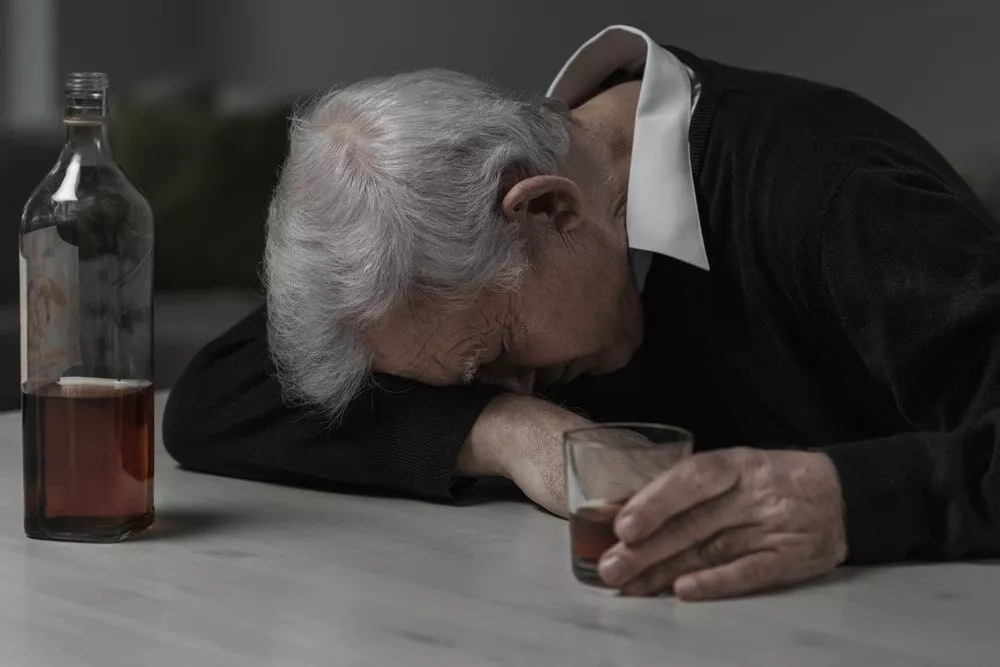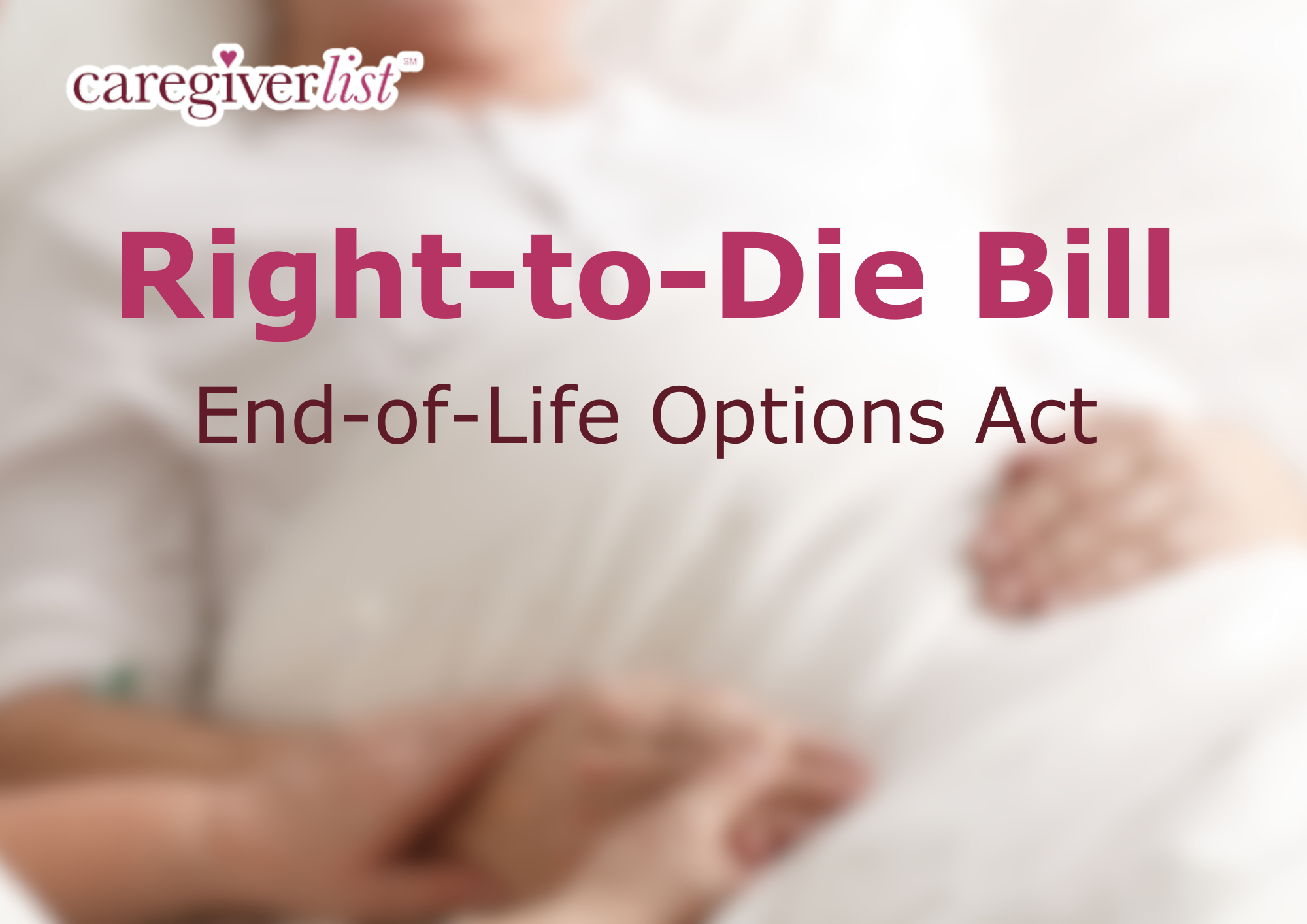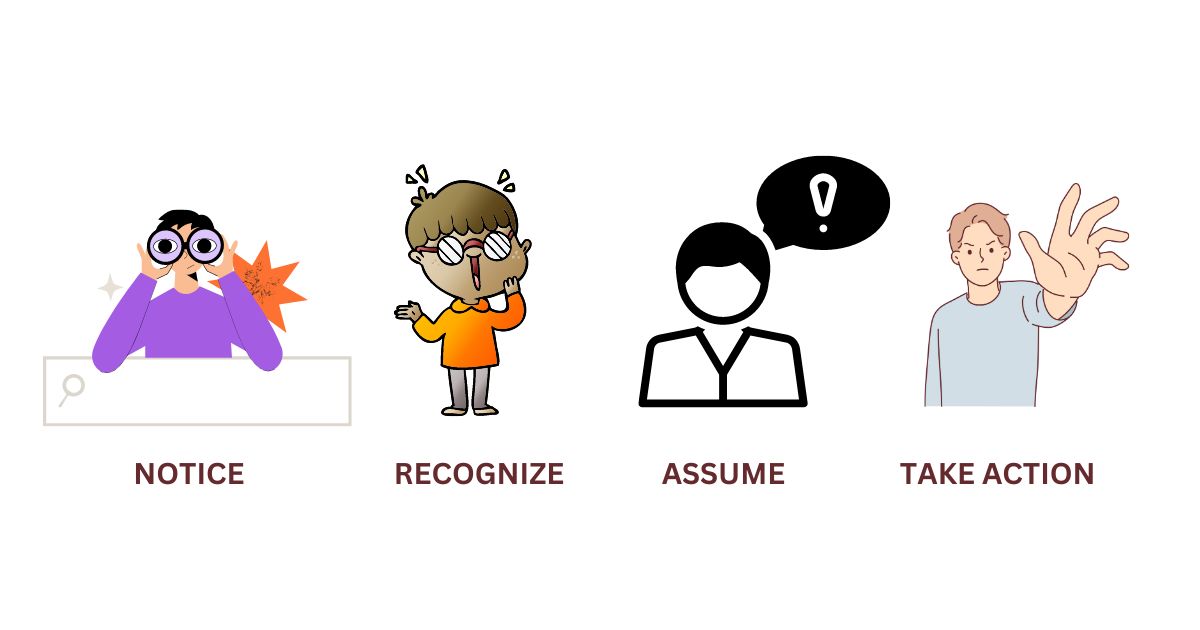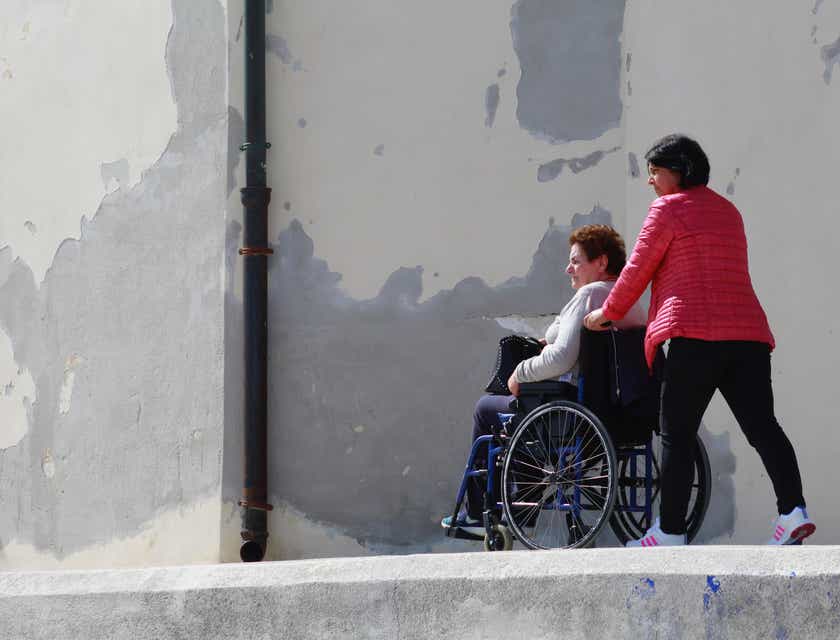Drug and alcohol abuse impacts people of all ages and can become a hidden danger in the elderly population. Many aspects of aging are difficult as you begin to lose some of your capabilities and your life-long friends are passing away. One martini or one glass of wine to help relax at the end of the day can easily lead to another and another until an addiction develops. It is important for seniors to develop a healthy way to deal with the natural stresses that come with growing older.
Senior caregivers are often the only person a senior needing care will see every day and can learn how to identify if a senior has a drug or alcohol abuse problem.
People often mistakenly think that seniors have passed the danger zone for addiction simply by growing older. However, the Baby Boomer generation may be even more at risk as they age. Remember that some Americans who are Boomers grew up in the highly experimental drug culture of the 60’s.
Signs and Symptoms of Elderly Addiction
One of the reasons why elderly addiction goes unnoticed is because the symptoms are easily mistaken for other symptoms associated with aging. For example, someone with the following symptoms may have a problem with addiction:
- Confusion
- Memory loss
- Lack of balance
- Slurred speech
- Social isolation
- Depression
Each one of these symptoms could be associated with a condition related to aging or with aging in general and this is where the challenge presents itself for caregivers. Caregiver training allows a senior caregiver to identify addiction issues in order to begin the intervention process.
Fortunately, there are other ways to spot drug and alcohol addiction in the aging population.
How to Spot Addiction in Senior Adults
Although many of the symptoms could be confused or explained away, caregivers should have cause for concern if the person in their care exhibits multiple symptoms.
If you notice any of the following signs in addition to any symptoms above, you may be dealing with a substance abuse problem.
- Hiding pills or alcohol – Anyone who is addicted is likely to hide the problem, so look for signs that the person in your care is hiding something. Look for empty bottles hidden in their room or buried in the trash.
- Erratic behavior – As a caregiver, you’re already going to be looking for signs that the person in your care is in good health. This makes it likely that you’ll be the one to spot addiction before anyone else. Although your patient or loved one may take multiple medications, look for signs that they are intoxicated. This may manifest as a change in their behavior, such as detachment, increased energy, exceptional moodiness or even giddiness.
- Sudden onset of isolation or depression – If you’ve been caring for the same person for a while, you probably have a very clear knowledge of their daily routine. If their routine suddenly begins to change or you discover they are isolating themselves for no apparent reason, this could indicate a problem with addiction.
If the person in your care has access to alcohol or addictive prescriptions, it’s very important to watch out for signs of addiction. Alcohol and prescription drug medication addictions are increasing in the elderly population, and it can pose an extreme danger to their health and to others. As we get older, our bodies don’t metabolize things as well as they once did. This can cause an elderly person to become intoxicated sooner than they may anticipate. If possible, talk to your patient or loved one about the dangers of addiction, especially at this point in their lives.







